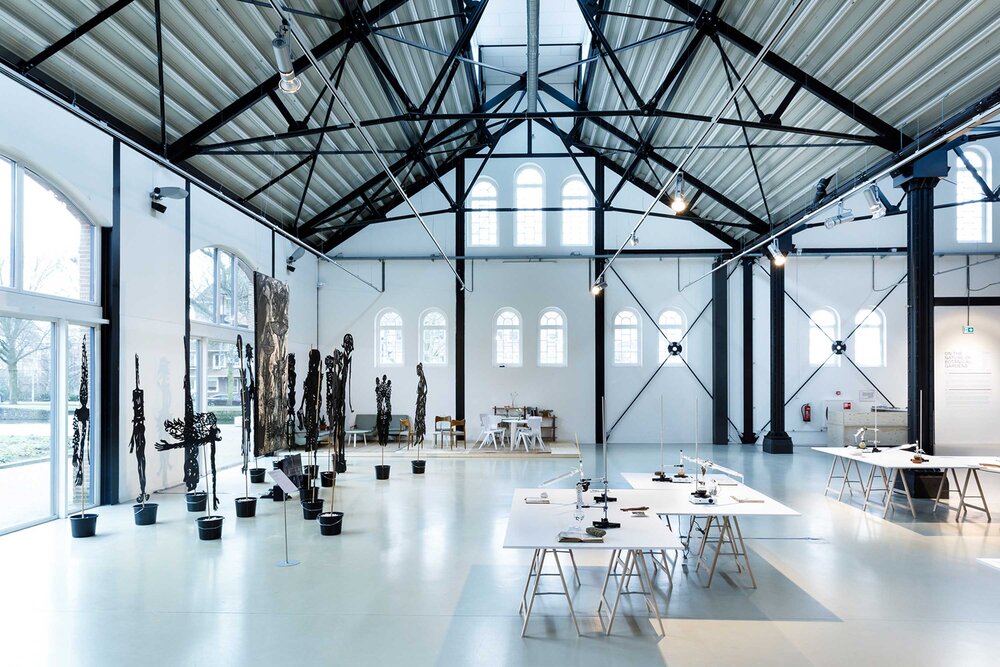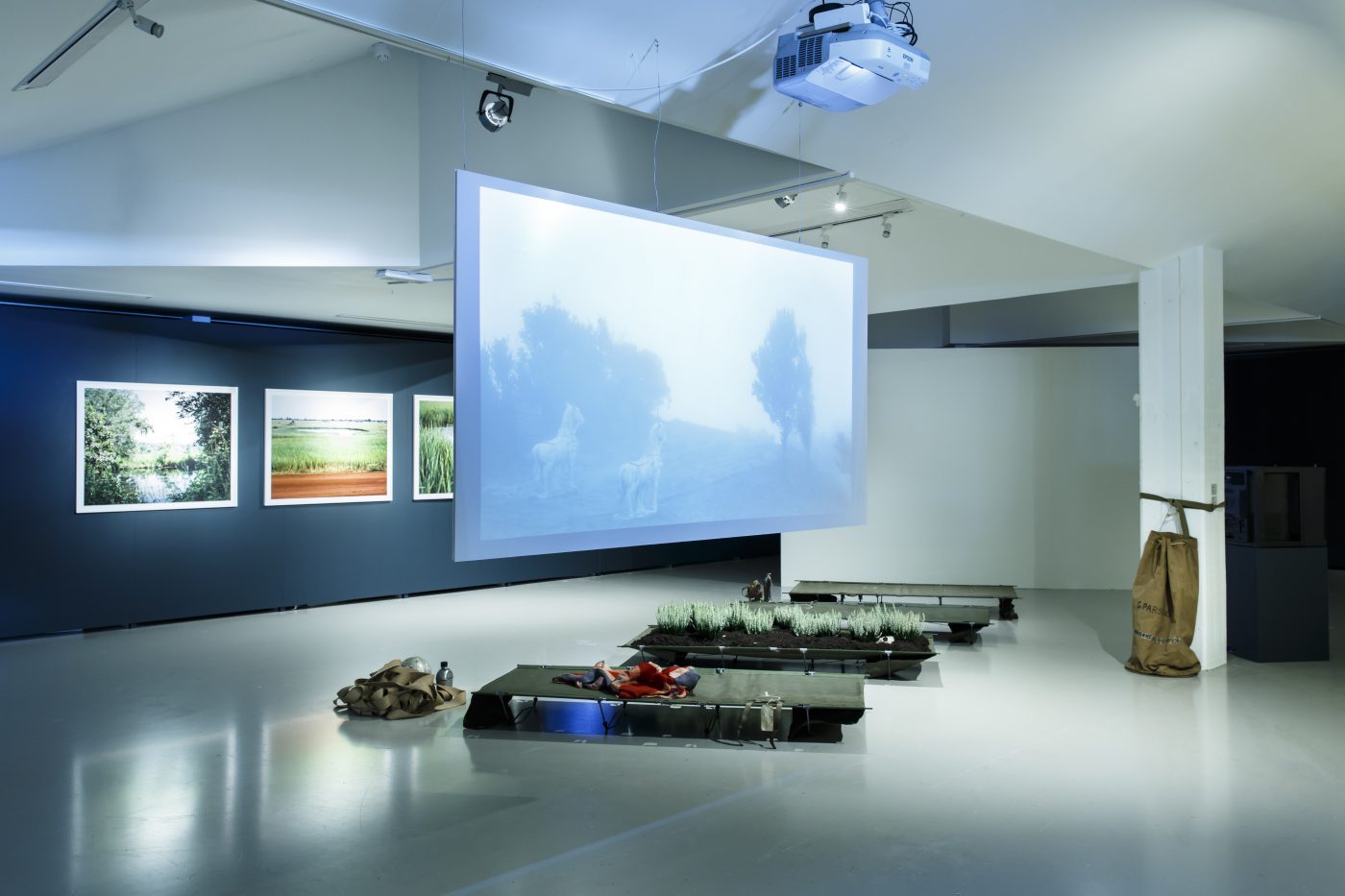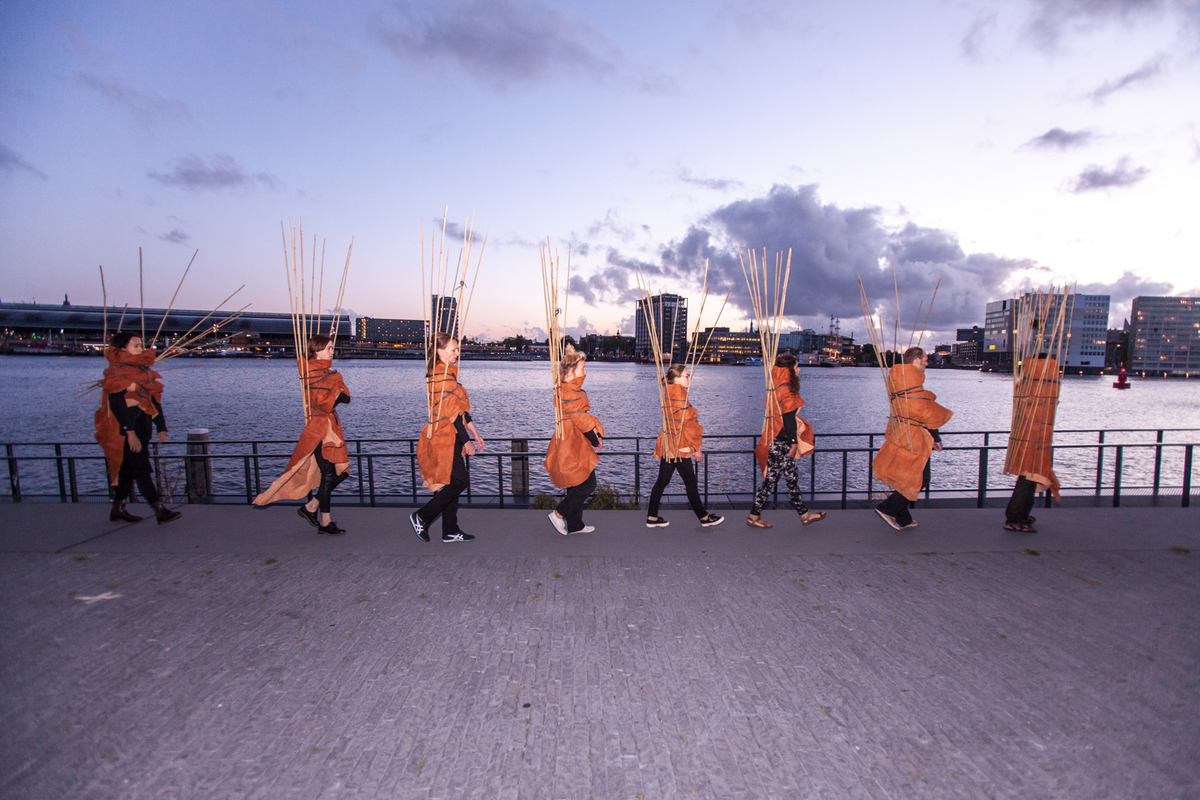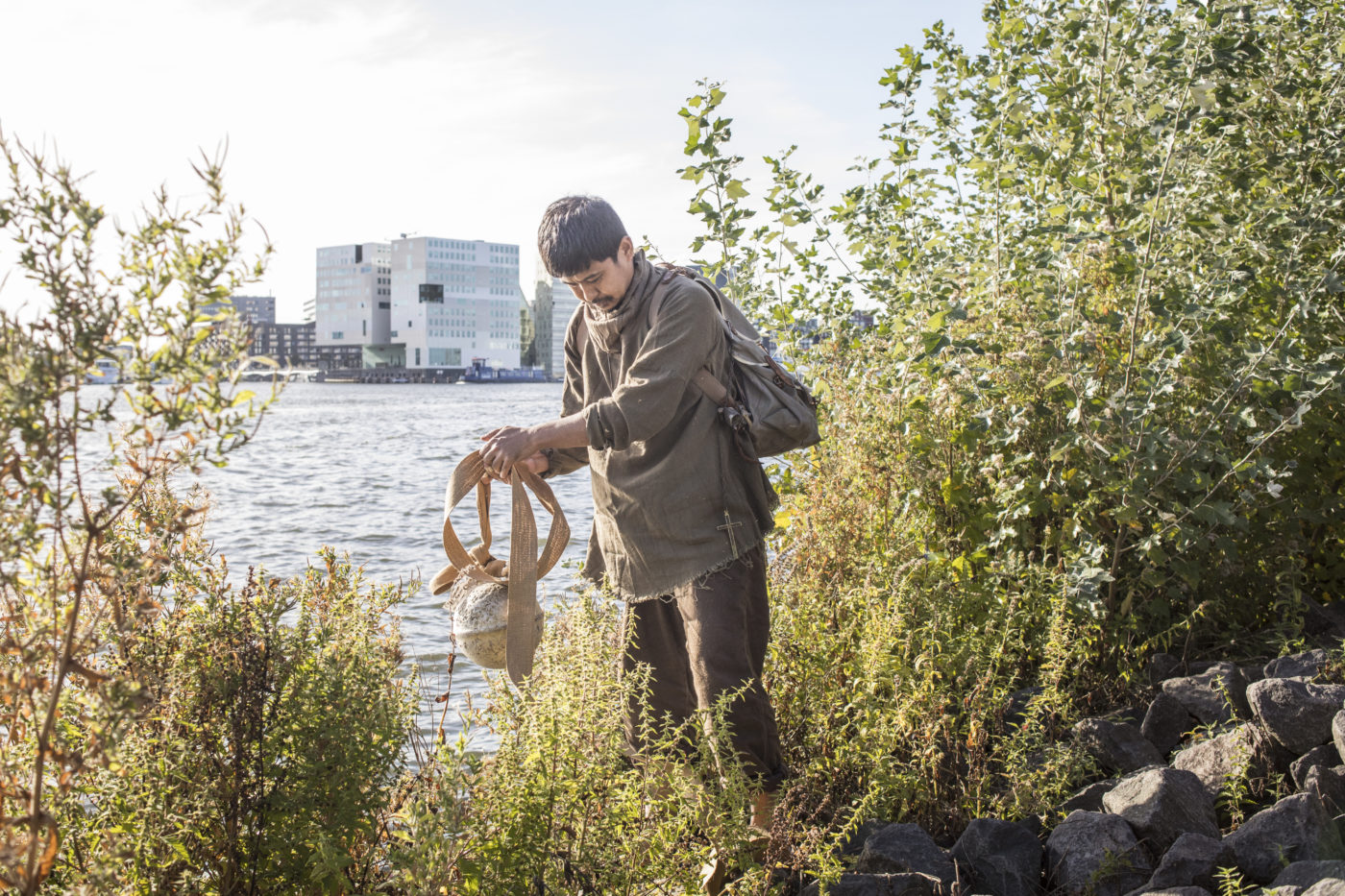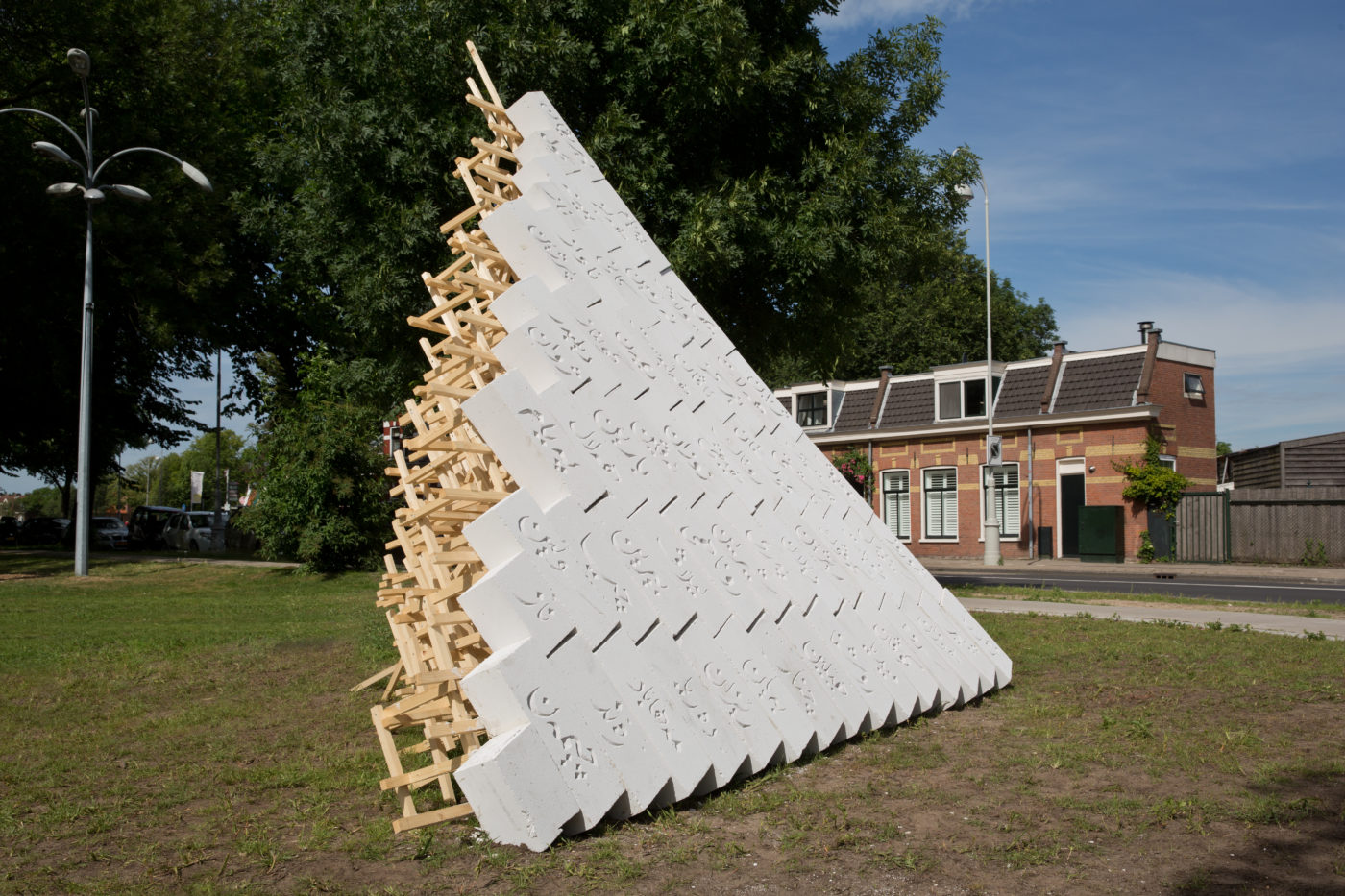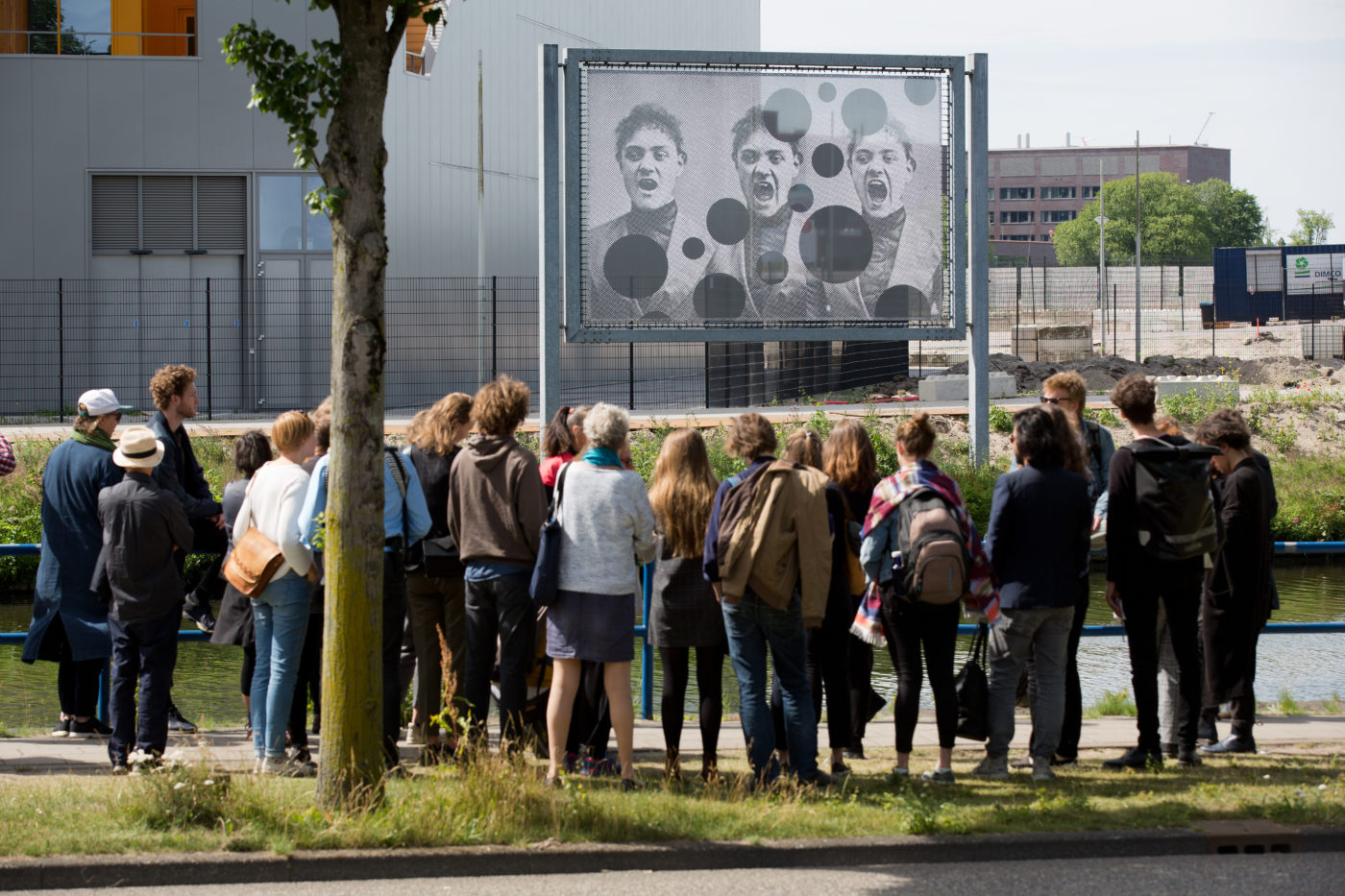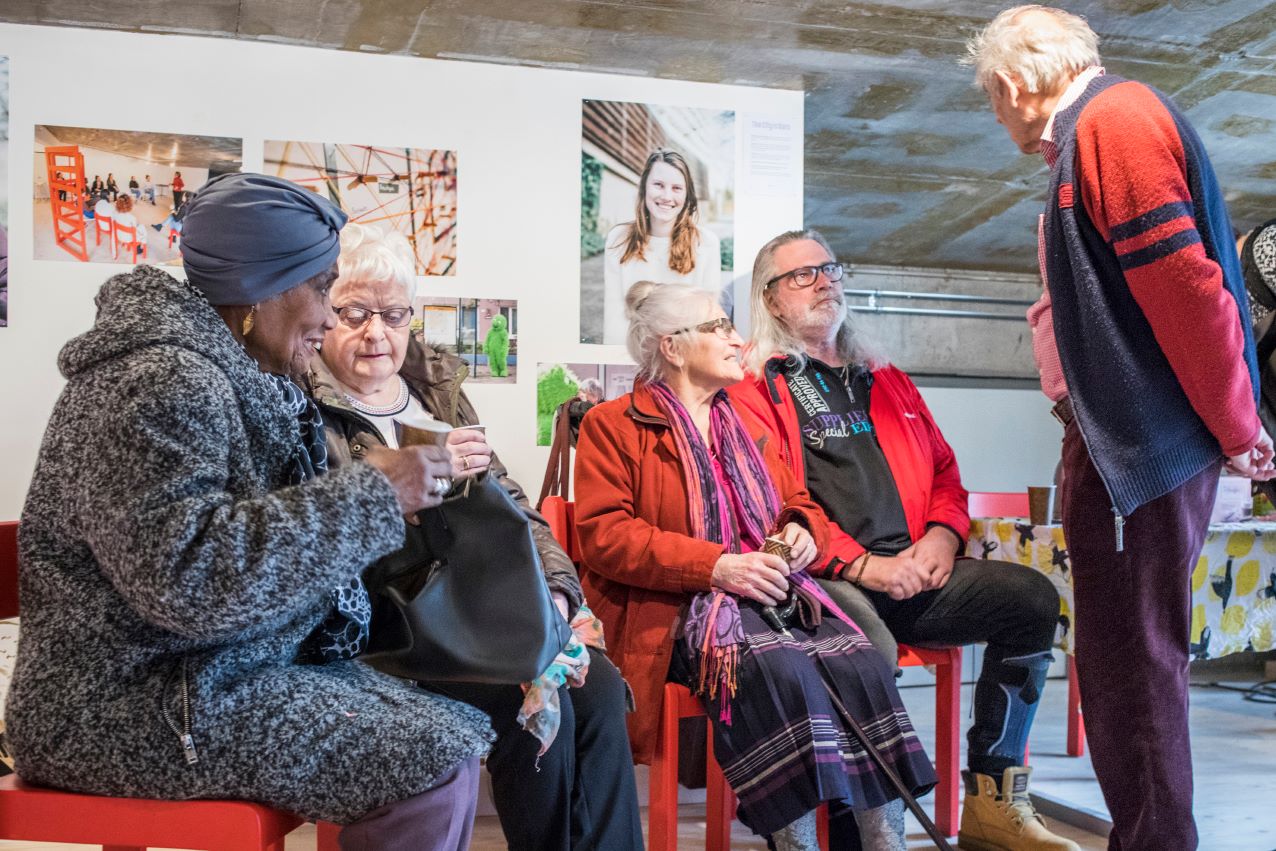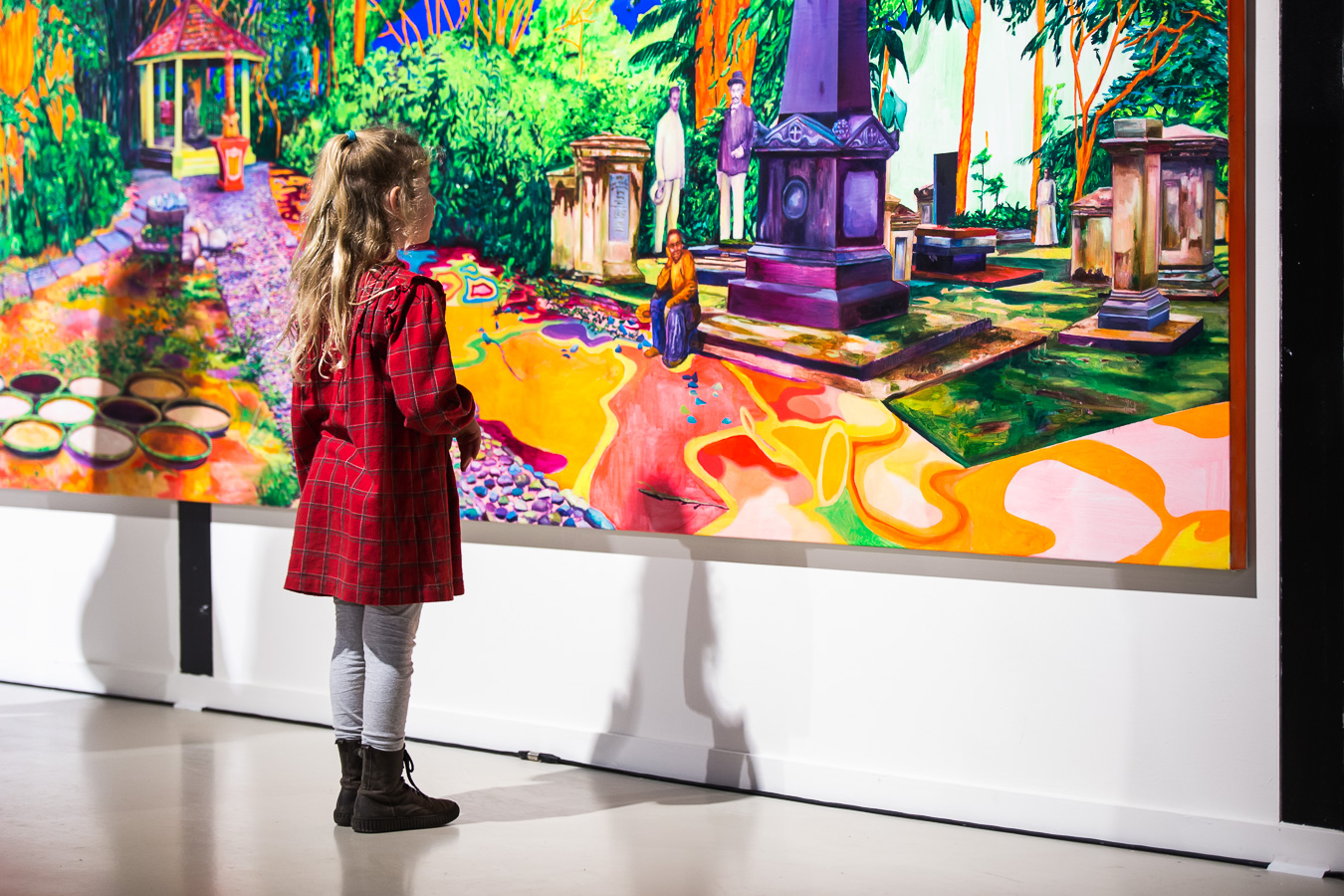Foundation
Objective
Framer Framed was established as a non-profit foundation in 2010 with the objective “to stimulating the developments of knowledge and expertise in the field of intercultural processes in contemporary art, by promoting co-operation between various Dutch (art) institutions and initiating, organising, facilitating and producing activities in the fields of visual arts, research, journalism and media.”
If you would like to give a one-off donation to support our artistic programming, click here.
If you or your organisation/company would like to contribute in a different way, consider becoming a Framer Framed Friend.
Executive Board
Since 2010 Framer Framed has experienced changes to its board. Since 2019, the Executive Board consists of Cas Bool & Josien Pieterse. They are also the Directors of Framer Framed.
Directors
The policymaking, programming and daily co-ordination of projects that are organised under the title of Framer Framed, come under the responsibility of the directors: currently comprised of Cas Bool and Josien Pieterse. The compensation of the directors is in accordance with the ‘Guideline Function and Salary Structure for Presentation Institutions of the Visual Arts’ (Richtlijn functie- en loongebouw presentatie-instellingen voor beeldende kunst) as part of the Fair Practice Code. This is overseen by the Supervisory Board. Cas Bool studied Anthropology, with a specialisation in the regions of the Caribbean and Latin America. Josien studied Politics & Gender studies. They are both co-initiators of Framer Framed and have been involved in that capacity since 2008.
Supervisory Board
Framer Framed works with a Supervisory Board model (Raad van Toezicht). In terms of management, the Supervisory Board leaves all policymaking to the Executive Board. The Executive Board is responsible for both formulation and directing in regard to policy implementation. The Supervisory Board is currently comprised of:
Una Henry (chair),
Lisa Walcott,
Hans Schamlé,
Vinca Kruk
Paula Albuquerque
Barbara Wegelin en
Amira Gad.
Annual Report
In mid- 2014, Framer Framed opened its exhibition space at the Tolhuistuin in Amsterdam Noord. As the programme started halfway through that year and continued into 2015, the years 2014 and 2015 were combined (together accounting for 12 months of programming). After a relocation, Framer Framed opened its doors in Amsterdam Oost in September 2019.
Read the Annual Reports below:
Annual Report 2014-2015;
Annual Report 2016
Annual Report 2017
Annual Report 2018
Annual Report 2019
Annual Report 2020
Annual Report 2021
Annual Report 2022
Cultural Diversity Code
Framer Framed believes that its organisation, exhibitions and programming should reflect a diverse society. The organisation operates with the understanding that identity is intersectional and therefore a complex composition of different traits, preferences and identity characteristics that interact. Sexuality, gender, physical disabilities, class, race and cultural background all play a role in this. The organisation tries to provide space for diversity throughout the organisation and sees this diversity as an enrichment. It strives to create an open and safe place and organisational culture in which different people feel at ease and feel seen.
Principles of Community & Code of Conduct
For information about the creation and maintenance of an open and safe space Framer Framed strives for, see our Principles of Community & Code of Conduct. We ask that everyone involved with Framer Framed supports these principles.
Culture Governance Code
Framer Framed works in accordance with the Culture Governance Code (governance code cutureel).
Guideline for Artists’ Fees
Since 2017, Framer Framed has followed the Guideline for Artists’ Fees (Richtlijn kunstenaars honorarium) as a part of the Fair Practice Code.
Fair Practice Code
Framer Framed was part of the Fair Practice Code working group, an initiative of (De Zaak Nu) to reach sector-wide employment conditions and payment structure. Especially in small and medium-sized institutions, there is a generally inadequate level of compensation for employees and structural unpaid overtime. In addition, there is excessive use of self-employed workers and many smaller institutions run on volunteers and interns.
To achieve better working conditions for employees such as long-term subsidies, all medium and large museums and visual arts presentation institutions published the report Towards the New Normal (Op de weg naar een nieuwe normaal) in 2019. This was presented to the Ministry of Education, Culture and Science. At the start of the new arts plan period from 2021-2024, the conclusions from this report were incorporated into the organisation’s own personnel policy in accordance with the Guideline Function and Salary Structure for Presentation Institutions of the Visual Arts (Richtlijn functie- en loongebouw presentatie-instellingen voor beeldende kunst).
No Business As Usual
Amid the ongoing war crimes, crimes against humanity, and what has been widely recognised by all authoritative institutions as a genocide of the Palestinian people, Framer Framed – along with fellow members of the Dutch and Belgian cultural sector – supports a cultural boycott of the Israeli state and of all complicit Israeli institutions and companies. Exempted from the boycott are those Israeli institutions and companies that are not complicit in violations of international law and have unequivocally spoken out against genocide, apartheid and the illegal occupation. The boycott is explicitly not directed at individuals or their origins, and therefore not at Jewish people or Israelis as such, but rather at the complicity of the Israeli state and Israeli institutions and companies in grave human rights violations against the Palestinian people.
Inappropriate behaviour and sexual harassment
Framer Framed has an internal attention officer for issues affecting partners or visitors. A number of Moker members have collectively joined Landelijk Bureau Integriteit en Vertrouwenspersoon (LBIV). Anyone working at Framer Framed can use the services of an external confidential advisor at LBIV at any time and report undesirable behaviour there.
People who are not affiliated with our organisation, work or study in the cultural sector and encounter transgressive behaviour can report it to Mores.
Sector
Framer Framed is a member of De Zaak Nu, the interest group for contemporary visual art institutions in the Netherlands. At the local level, the organisation is a member of Moker, which advocates for Amsterdam visual art institutions. The organisation is part of Public Art Amsterdam (focused on art in public space) and Public Spaces (for organisations fighting together for an Internet based on public values). Josien Pieterse is a board member of Moker, ACI (Amsterdam Cultural Institutions) and De Zaak Nu.
https://publicspaces.net
https://www.dezaaknu.nl
https://moker.amsterdam
https://www.lbiv.nl/buro-externe-vertrouwenspersoon
https://www.mores.nl
https://publicart.amsterdam
PublicSpaces
PublicSpaces is a coalition of various public organisations, such as public broadcasters, heritage institutions, festivals, libraries, museums and education. Under the umbrella of PublicSpaces, these organisations work together on a solution to a common problem: the dependency on big tech. PublicSpaces works towards an alternative software ecosystem that represents the public interest and has no profit motive. The coalition of partners and sponsors in the Netherlands now consists of more than 35 organisations. By working together, the partners can negotiate better with external organisations, put alternatives on the map and experiment with new platforms and tools. In this way, PublicSpaces supports a digital public infrastructure, an ecosystem that functions on the basis of public values, instead of the surveillance capitalism models of the large technology companies.
Trademark
®Framer Framed is a registered trademark.
ANBI
Under fiscal number 8501.87.308, Framer Framed is classified by the Tax Authorities as entrepreneurial, and therefore taxable, and has had ANBI status since 1 January 2016.
From 1 January 2025, companies will no longer be able to deduct donations to charities from their profits. The deduction of donations for private individuals will remain unchanged. The ANBI form for 2025 can be found here.
